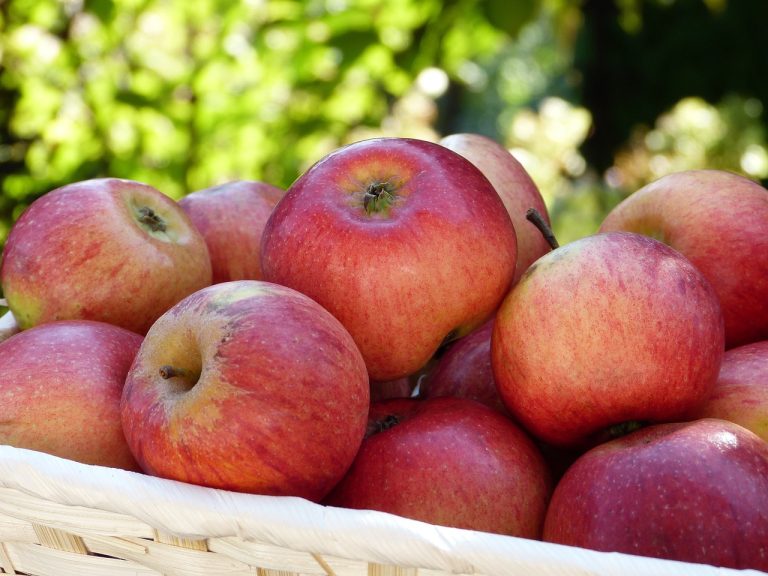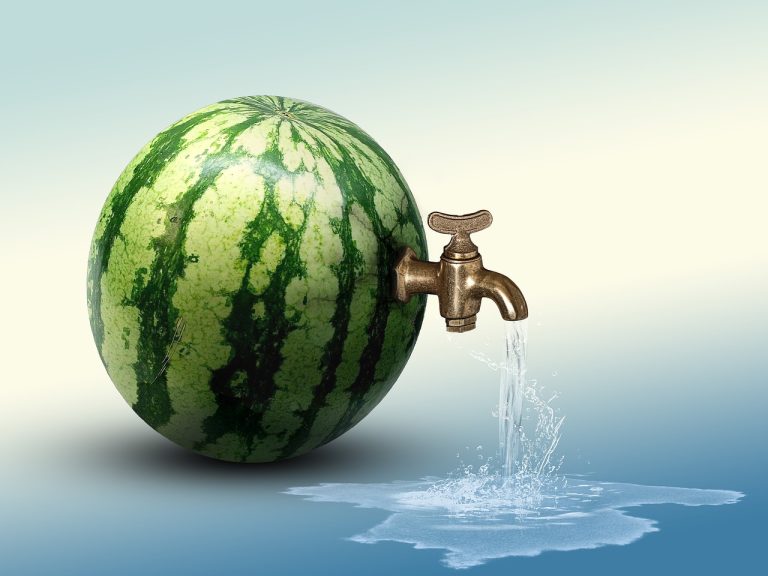
Every day, we make countless choices that seem trivial at first glance, yet they can have a profound impact on our health. It’s almost like playing a game of Jenga; one small move can either stabilize or topple the entire structure of your well-being. Have you ever stopped to think about how your morning coffee, the way you handle stress, or even the number of steps you take can shape your health? These seemingly minor decisions accumulate over time, leading to significant changes in our physical and mental state.
For instance, consider your nutrition. What you eat doesn’t just fuel your body; it also affects your mood, energy levels, and even your immune system. A diet rich in fruits and vegetables can be like a shield against illness, while processed foods can leave you feeling sluggish and irritable. The choices you make at the grocery store can set the tone for your entire week. Are you opting for whole foods or reaching for convenience items? The answer can surprise you!
Moreover, physical activity is another critical component. Think of it as the oil that keeps the engine of your body running smoothly. Regular exercise can boost your mood, improve your heart health, and even enhance your cognitive functions. But don’t worry! You don’t have to hit the gym for hours. Simple changes like taking the stairs or going for a brisk walk can make a world of difference.
And let’s not forget about sleep, which is often the unsung hero of health. Quality sleep is essential for recovery and cognitive function. Without it, even the best diet and exercise routine can fall flat. By prioritizing sleep, you can enhance your overall health and productivity.
In conclusion, the choices you make daily—no matter how small—can lead to surprising outcomes. So, next time you reach for that sugary snack or skip your workout, ask yourself: is this choice leading me toward a healthier life? Remember, it’s all about making conscious decisions that align with your health goals!
The Impact of Nutrition on Health
Nutrition plays an absolutely crucial role in maintaining our health. Think of your body as a high-performance car; the fuel you put in determines how smoothly it runs. When you choose to eat nutritious foods, you’re essentially giving your body the premium gasoline it needs to thrive. On the flip side, indulging in processed foods and sugary snacks can lead to a series of unfortunate consequences that affect both your physical and mental well-being.
Have you ever noticed how a hearty meal filled with vegetables and lean proteins can leave you feeling energized, while a fast-food binge makes you sluggish? This isn’t just a coincidence. The nutrients in your food impact everything from your energy levels to your mood. For instance, omega-3 fatty acids found in fish are known to boost brain health, while antioxidants from fruits and vegetables can help combat oxidative stress in your body.
To put it simply, what you eat directly influences how you feel. Here’s a quick breakdown of some essential nutrients and their benefits:
| Nutrient | Benefits |
|---|---|
| Fiber | Improves digestion and helps maintain a healthy weight. |
| Vitamins | Boosts immune function and supports overall health. |
| Protein | Essential for muscle repair and growth. |
Incorporating a variety of nutrient-dense foods into your daily diet can be a game-changer. Aim for a colorful plate filled with fruits, vegetables, whole grains, and lean proteins. Remember, small changes lead to big results. So, next time you’re about to grab that sugary snack, consider reaching for a piece of fruit instead. Your body will thank you!
The Role of Physical Activity
When it comes to living a vibrant and healthy life, physical activity is like the secret sauce that can elevate your well-being to new heights. Think of it as fuel for your body; just as a car needs gasoline to run smoothly, your body requires movement to function optimally. Regular exercise not only helps you shed those extra pounds but also strengthens your heart, boosts your mood, and enhances your overall quality of life. Have you ever noticed how a brisk walk can lift your spirits? That’s the magic of endorphins at work!
Engaging in physical activity doesn’t have to mean hitting the gym for hours on end. In fact, it can be as simple as incorporating movement into your daily routine. Here are some fun and effective ways to get moving:
- Take the stairs instead of the elevator.
- Enjoy a dance party in your living room.
- Go for a bike ride around your neighborhood.
- Try out a new sport or join a local fitness class.
Research shows that just 30 minutes of moderate exercise a day can make a world of difference. Whether it’s a brisk walk, a jog, or even gardening, the key is to find activities that you enjoy. It’s like choosing your favorite playlist; when you love the music, you can’t help but dance! Plus, mixing things up can keep your routine fresh and exciting.
So, why not start today? Set small, achievable goals and gradually increase your activity level. Remember, every little bit counts! Before you know it, you’ll be reaping the benefits of a more active lifestyle, feeling more energetic, and embracing life with open arms.
The Importance of Sleep
We often underestimate the power of a good night’s sleep, don’t we? It’s easy to think of sleep as just a time to recharge our batteries, but the truth is, it’s much more than that. Sleep is like the unsung hero of our health; it quietly works behind the scenes, influencing everything from our mood to our physical health. Imagine trying to run a complex machine without giving it any downtime—eventually, it will break down. Similarly, our bodies and minds need sleep to function optimally.
So, why is sleep so crucial? First and foremost, it plays a vital role in restoring our bodies. During sleep, our body goes through repair processes, regenerating cells and tissues. This is particularly important for athletes or anyone engaging in physical activity, as it helps in muscle recovery. Furthermore, sleep is essential for mental clarity. Have you ever noticed how you struggle to focus after a sleepless night? That’s because sleep helps consolidate memories and enhances cognitive function, making it easier to learn and retain information.
But wait, there’s more! Lack of sleep can lead to a host of health issues, including:
- Increased stress levels
- Weight gain
- Weakened immune system
- Higher risk of chronic diseases
To ensure you get the quality sleep you deserve, consider these tips:
- Establish a regular sleep schedule.
- Create a relaxing bedtime routine.
- Limit screen time before bed.
- Keep your sleep environment cool and dark.
In conclusion, prioritizing sleep is not just a luxury; it’s a necessity. Just like you wouldn’t skip the oil change for your car, don’t skip out on the sleep your body needs. Remember, a well-rested body is a healthy body!
Mental Health and Daily Choices
Mental health is like the foundation of a house; if it’s shaky, everything else can come crashing down. Every day, we make choices that can either uplift our spirits or drag us down into a pit of stress and anxiety. Have you ever noticed how a simple decision, like choosing to take a walk instead of scrolling through social media, can completely change your mood? It’s fascinating how our daily habits shape our mental landscape.
One of the most critical aspects of maintaining mental health is stress management. Stress is a silent killer, and how we respond to it can make all the difference. Whether it’s through meditation, journaling, or simply taking a few deep breaths, finding effective stress-relief techniques is essential. For example, consider these simple strategies:
- Practice mindfulness: Spend a few minutes each day focusing on your breath.
- Engage in physical activity: Exercise releases endorphins, which can elevate your mood.
- Connect with loved ones: Social interactions can provide support and alleviate feelings of loneliness.
Moreover, the power of positive social interactions cannot be underestimated. Surrounding yourself with uplifting people can act like a shield against negativity. Think of your friends as a support system; they can help you navigate through tough times, much like a lighthouse guiding ships safely to shore. On the flip side, toxic relationships can drain your energy and leave you feeling depleted.
In conclusion, your daily choices are not just mundane decisions; they are stepping stones towards a healthier mental state. By being mindful of how you manage stress, the quality of your social interactions, and the habits you cultivate, you can significantly enhance your mental well-being. So, what will you choose today?
The Power of Hydration
Staying hydrated is not just a matter of quenching your thirst; it’s a fundamental aspect of maintaining your health and vitality. Imagine your body as a well-oiled machine; without sufficient water, its parts start to grind and slow down. Water plays a critical role in various bodily functions, including regulating temperature, transporting nutrients, and removing waste. Yet, many of us underestimate the importance of proper hydration.
Did you know that even mild dehydration can lead to fatigue, headaches, and decreased concentration? It’s like trying to drive a car on empty; you might make it for a while, but eventually, you’ll stall. To help you understand just how crucial hydration is, consider the following effects of dehydration:
- Fatigue: Lack of water can sap your energy levels.
- Headaches: Dehydration is a common trigger for headaches.
- Constipation: Insufficient fluid intake can lead to digestive issues.
- Dry skin: Your skin needs hydration to maintain its elasticity and glow.
So, how much water should you be drinking daily? The general rule of thumb is to aim for at least eight 8-ounce glasses of water a day, but this can vary based on your activity level, climate, and overall health. Here’s a simple table to illustrate daily water needs based on activity:
| Activity Level | Water Intake (oz) |
|---|---|
| Sedentary | 64 oz |
| Moderately Active | 80 oz |
| Highly Active | 100 oz |
Incorporating hydration into your daily routine can be as simple as keeping a water bottle handy or setting reminders on your phone. Remember, hydration is not just about drinking water; it also comes from foods like fruits and vegetables. So, the next time you reach for a snack, consider something juicy like watermelon or cucumbers. Your body will thank you!





